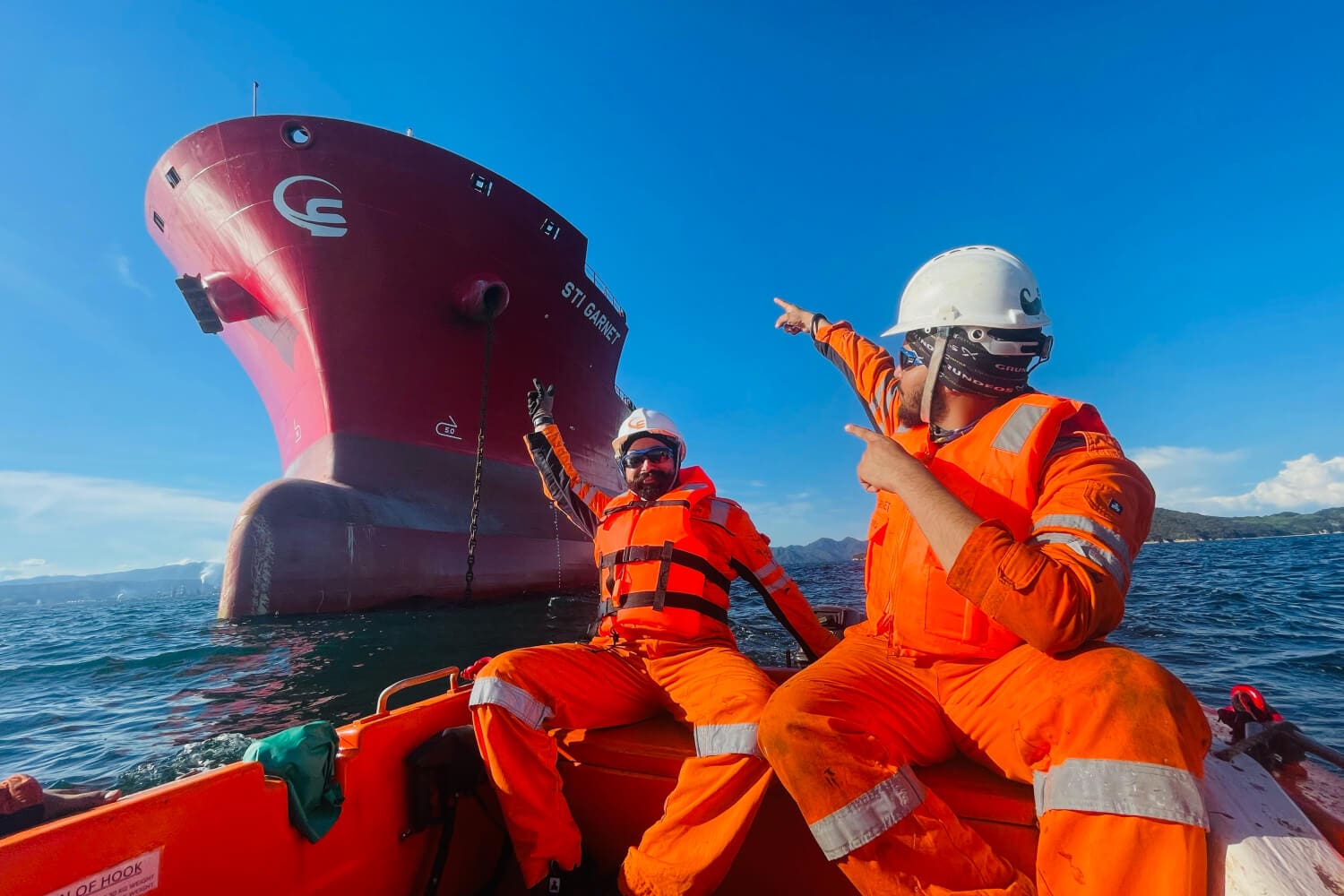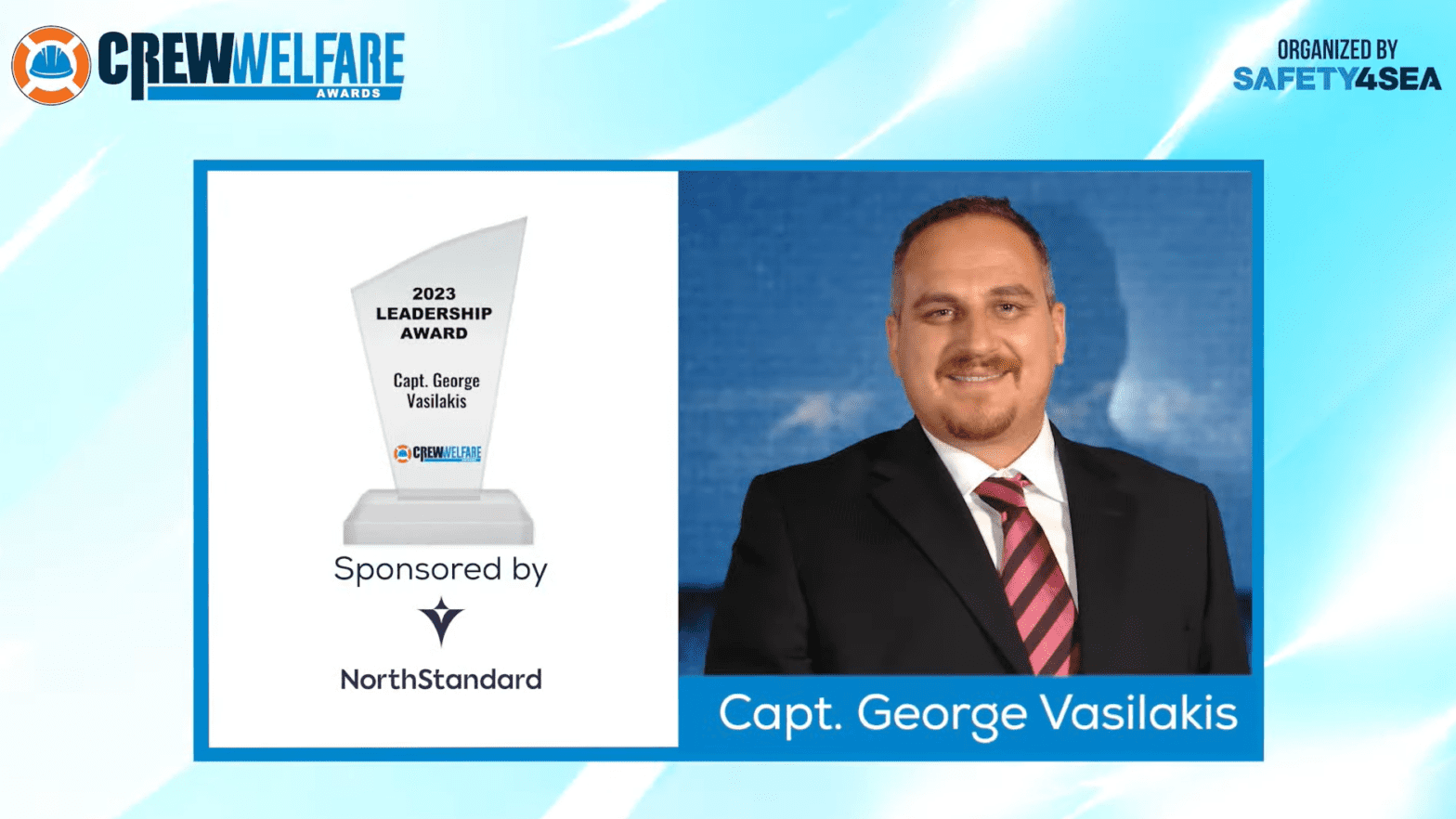Making the Switch: Scorpio Removes All Plastic Water Bottles from its Vessels
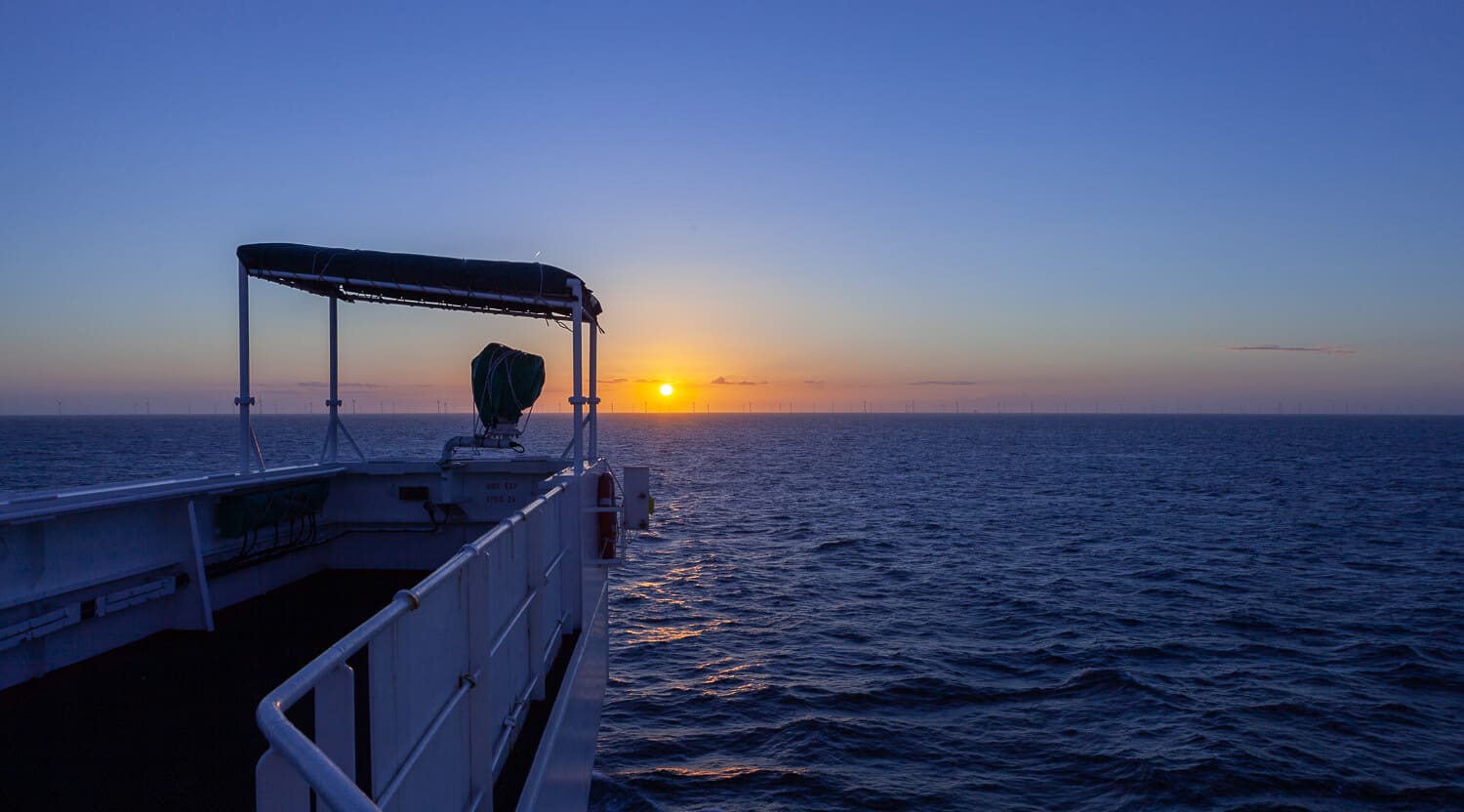
As Marpol celebrates its 50th anniversary in 2023, we have been reflecting on how Scorpio upholds and advances its goals. The Marine Pollution (Marpol) convention was adopted by the IMO in 1973 and focuses on the prevention of pollution caused by the shipping industry in the marine environment. This includes pollution as result of accidents along with operational activity.
Respect of the environment is a tenet of Scorpio’s values. From building double-hulled vessels and adding scrubbers to vessels long before most of our peers, to realizing ground-breaking changes on board, this is an area where we can be justly proud.
 Mr. Paolo Magonio, Group Procurement Manager with Scorpio, has been driving a number of these changes. Through the International Marine and Purchasing Association (IMPA), and IMPA Save, where he is a member of the Founding Council, Paolo has been directly involved in implementing many striking initiatives.
Mr. Paolo Magonio, Group Procurement Manager with Scorpio, has been driving a number of these changes. Through the International Marine and Purchasing Association (IMPA), and IMPA Save, where he is a member of the Founding Council, Paolo has been directly involved in implementing many striking initiatives.
So how bad are plastic bottles to the environment? To put it bluntly, they’re pretty dreadful. According to The One Movement, plastic bottles take 450 years to break down into tiny microplastic, and during this time, they are entering the food chain. Additional reports show that the number of plastic bottles discarded to the oceans kill over a million marine creatures annually. Even the creation of plastic bottles requires millions of barrels of oil. They contribute directly to global warming, the effects of which we are all presently experiencing.
Although the Marine industry is probably the most regulated in terms of segregation and proper disposal of all plastics, IMPA Save started with an Owner’s Pledge, requesting vessel owners to reduce, and ultimately to fully eliminate plastic water bottles on board. This is achievable with a combination of water filtration systems, that create perfectly potable water onboard, and sustainably packaged water only being used as a ‘back-up’ option.
While positively received, the plan had difficulty gaining traction, as the ship owners could not source water in non-plastic packaging that was consistently viable and competitively priced.
Therefore, in 2022 IMPA Save launched the Supplier’s Pledge, asking suppliers to actively source and promote alternatively packaged water. If the options were made available, then the owners could meet their pledged goals.
‘A particular obstacle was suppliers perceiving that the alternatives to plastic, such as cartons, were difficult to find and expensive, and that owners would never buy them’ notes Paolo. ‘We looked for suppliers who were committed to developing solutions for the use of a different type of water packaging. But the choices available were still too expensive. So, we decided to launch a competition to find a designer and manufacturer to make a sustainable IMPA Save carton’.
An Innovative Solution
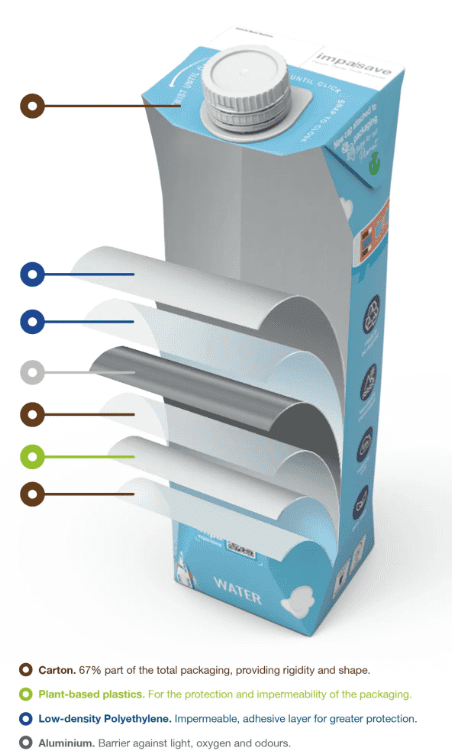 An excellent solution was found with Ly Company. They designed an innovative water carton, and now work with a specialized manufacturer for its production. The cartons generate significantly less of CO2 emissions than the levels released when producing plastic bottles. Furthermore, the content is sourced from ethical, organic, recycled, and renewable outlets, with over 80% less plastic and aluminum used per unit. As Olivia White, head of business development at Ly Company Group notes, “…pledgers can promote, through their ships, their commitment to reducing plastic bottled water on board – generating a greater sense of community and collaboration, from procurement teams to onboard staff’.
An excellent solution was found with Ly Company. They designed an innovative water carton, and now work with a specialized manufacturer for its production. The cartons generate significantly less of CO2 emissions than the levels released when producing plastic bottles. Furthermore, the content is sourced from ethical, organic, recycled, and renewable outlets, with over 80% less plastic and aluminum used per unit. As Olivia White, head of business development at Ly Company Group notes, “…pledgers can promote, through their ships, their commitment to reducing plastic bottled water on board – generating a greater sense of community and collaboration, from procurement teams to onboard staff’.
Another positive dividend resulting from the use of this packaging is its storage longevity. Water is often left for many hours in direct sunlight during the onboarding and offboarding process. With water in plastic bottles, this accelerates the breakdown of plastic particles, compromising the water’s quality and reducing its life span. Ly Company’s water carton has a recycled aluminum layer which protects the water from the effects of sunlight and heat, thereby allowing the water to be stored securely for up to 24 months, significantly longer than the duration possible for bottled water.
For the shift to water cartons to be economically viable, a change in mind-set also needed to occur amongst the seafarers. Therefore, an informative campaign onboard all the vessels took place to promote the use of freshwater filtration units. This has been very successful and there are now almost 9000 ships on our oceans who are shifting to the use of filtration units instead of plastic water bottles and keeping cartons of water on board for emergency use only.
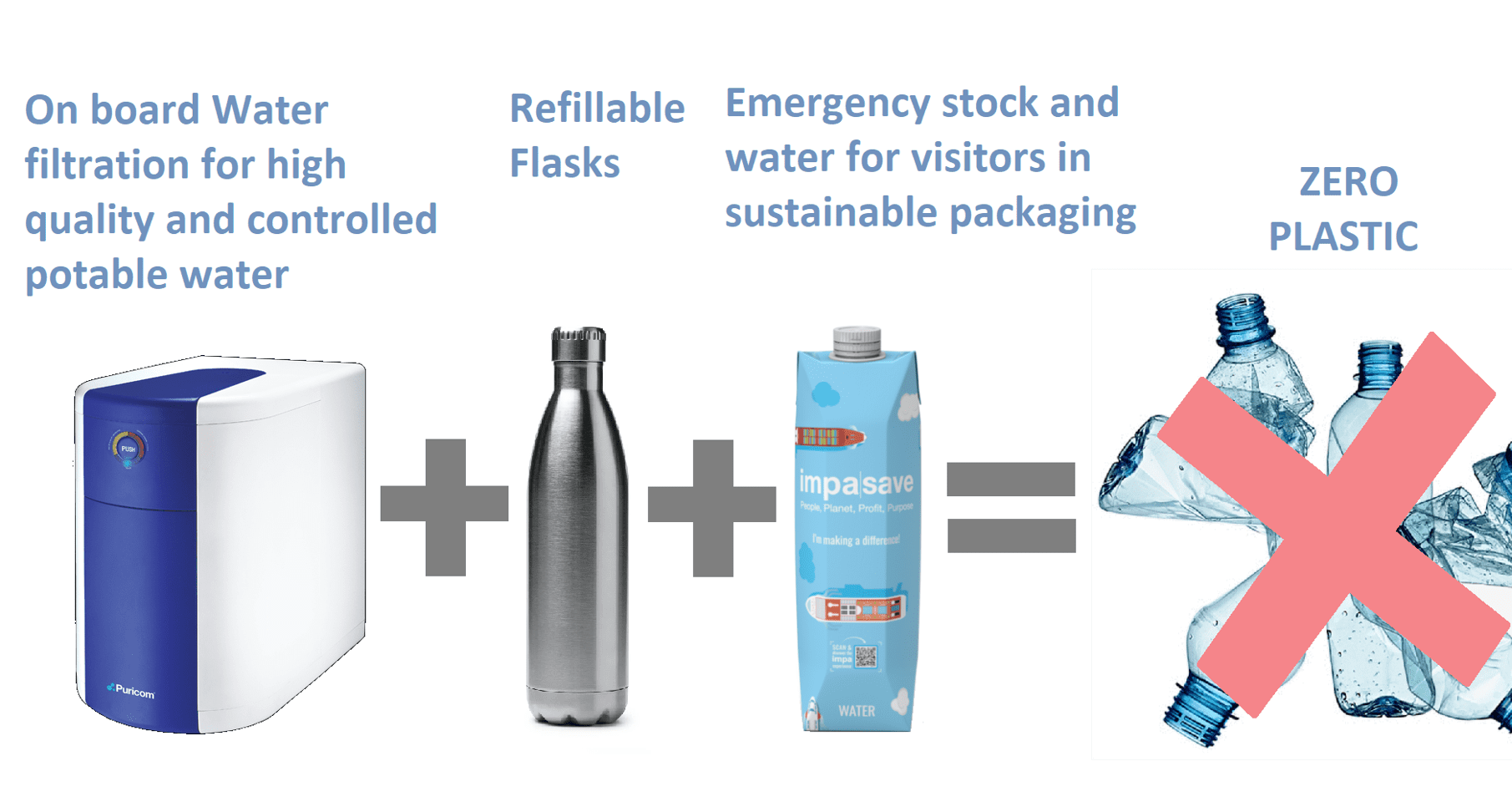
Indeed, within Scorpio’s fleet, the results are superb; there has been a reduction of 80% over the past three years in the use of plastic water bottles on board and we are on target to reach a 100% elimination of their use by the end of 2023.
For Paolo, the outcome of this program has been especially rewarding. Having been involved in shipping procurement for 35 years, he has been acutely aware of the areas where improvements could be made. In the past, he has championed the removal of single use plastics (such as plastic cutlery) on board vessels and has successfully replaced plastic wrap with a biodegradable vegetable-based material on large food shipments to Scorpio vessels.
Paolo continues to lead our sustainability initiatives, forging ahead with new projects and ideas.
